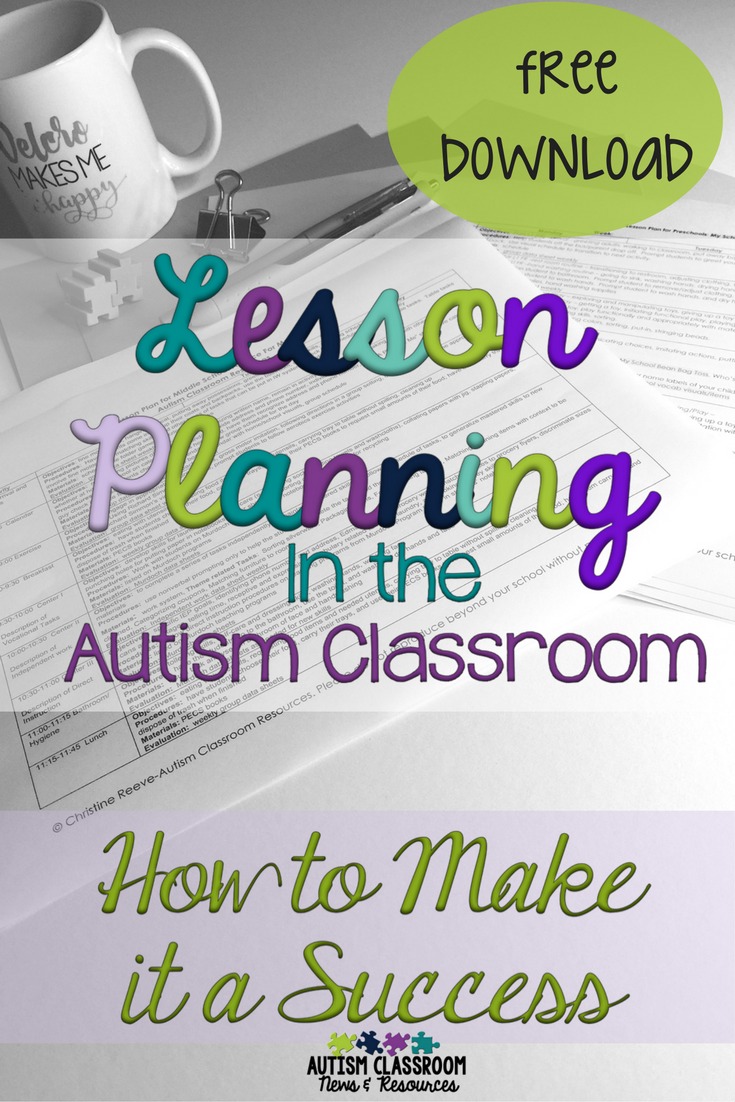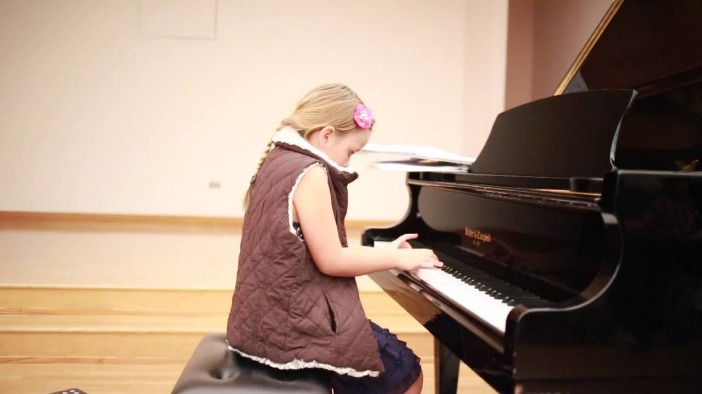Read more about Piano lessons for Special Needs here.
When it comes to harnessing the transformative power of music, Piano lessons for Autism can provide more than just musical skills. Music has long been recognized for its therapeutic benefits, and piano lessons can be an exceptional tool for developmental growth, emotional expression, and social engagement for individuals on the autism spectrum.
The Benefits of Piano Lessons for Autism
Piano lessons for Autism offer numerous advantages that extend beyond learning to play an instrument. Here are some key benefits:
Improved Motor Skills
Playing the piano involves complex hand movements and coordination. For children and adults with autism, these activities can significantly improve fine motor skills. The repetitive practice required to master finger placement and keys can strengthen muscle memory and dexterity.
Enhanced Cognitive Development
Learning to read musical notes and understanding rhythm provides a robust cognitive workout. For individuals with autism, this can translate to better concentration, memory, and problem-solving skills. The structure and pattern recognition involved in Piano lessons for Autism stimulate brain areas responsible for these functions, leading to cognitive enhancement.
Emotional Regulation and Expression
Music is a universal language that speaks to the soul. Piano lessons offer a unique outlet for emotional expression, which can be particularly beneficial for individuals who struggle to articulate their feelings verbally. The ability to express emotions through playing can provide a sense of relief and joy, promoting better emotional health.
Social Skills Development Through Piano Lessons for Autism
Music programs and one-on-one piano instruction settings offer opportunities for social interaction. Students often participate in recitals, concerts, and group lessons, providing them with a supportive community. This social aspect can result in improved communication skills and increased self-confidence.
Finding the Right Instructor
Choosing an instructor who understands the unique needs of students with autism is crucial. Experienced teachers will employ patience, creativity, and specific teaching methods tailored to the individual. Customizing Piano lessons for Autism to fit the student’s learning style can make the experience both rewarding and effective.
Customizing the Learning Environment
Creating a comfortable and distraction-free environment is essential. A setting that feels safe and welcoming can help students with autism focus better on their lessons. Incorporating visual aids, engaging activities, and clear instructions can make learning more accessible and enjoyable.
Conclusion
Taking advantage of Piano lessons for Autism can offer an abundance of benefits that positively impact various aspects of life. From improving motor and cognitive skills to fostering emotional expression and social interaction, these lessons can provide a comprehensive developmental boost. Investing in quality piano instruction for individuals on the autism spectrum is not just about learning music; it’s about unlocking potential and promoting overall well-being.






